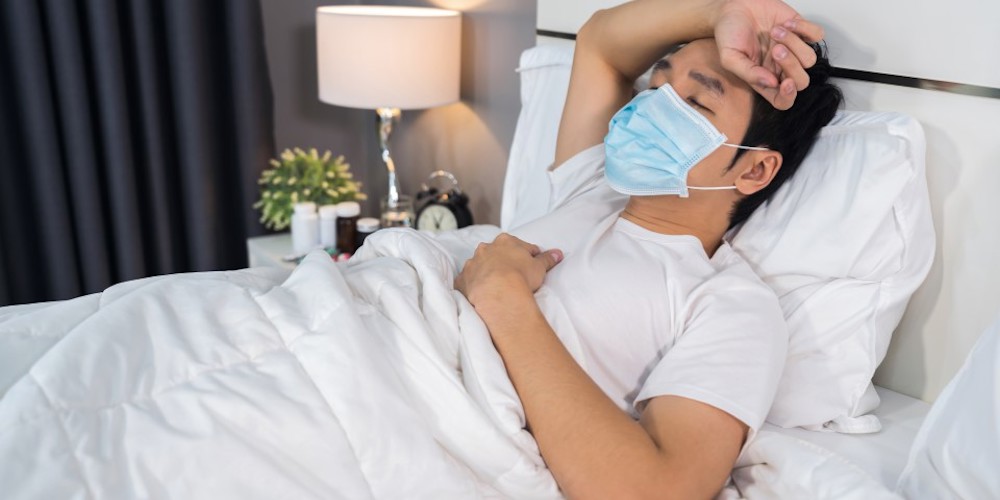Share your perspective and help improve the health of our community! We are conducting a Community Health Needs Assessment (CHNA) to help us better understand the health needs of the community our health system serves. Learn more and take the short survey.
Think you have COVID-19?

Do you think you may have COVID-19?
Be alert for any symptoms such as:
- Fever
- Cough
- Shortness of breath
- Loss of taste or smell
- Body aches
- Fatigue
- Chills with or without shaking
- Runny nose
- Nasal/sinus congestion
- Sore throat
- Headaches
- Gastrointestinal issues such as diarrhea, nausea or vomiting
If you are concerned you have been exposed to COVID-19 or are experiencing any symptoms, please do the following:
- Call your primary care provider to get instructions about how to get tested or
- Visit an Urgent Care for screening.
Then, stay home except to get medical care
As advised by the CDC, we recommend you stay in your home and separate yourself from other people at home to avoid spreading this infection. The elderly or anyone with more serious medical issues may get more severe symptoms. If your symptoms worsen—specifically difficulty breathing, chest pressure or pain, inability to keep fluids down, severe vomiting, diarrhea or weakness—you may need to return to the Emergency Department for evaluation.
If you are sick with another viral infection and are not being tested, take care as you would for any other seasonal cold or flu. Drink plenty of fluids, get lots of rest, and wash your hands often. If you need medical care, please call your healthcare provider.
Self-Checker
Still not sure? Consult this symptom checker to determine if you should consult a healthcare provider.

